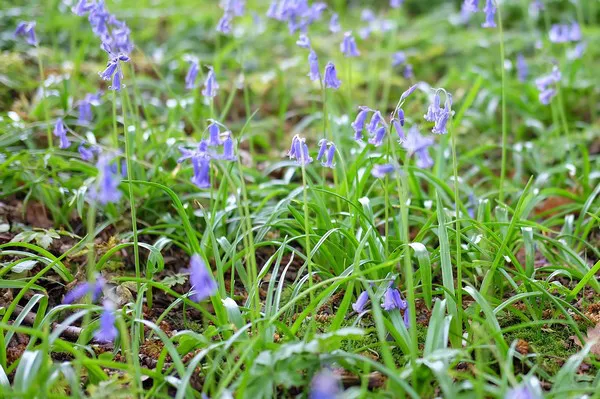While flowers are known for their beauty and ability to enhance our outdoor spaces, it’s important to recognize that not all flowers are created equal in terms of their interaction with mosquitoes. Some flowers, through their scent or nectar, have the potential to attract these pesky insects. In this article, we’ll delve into the world of mosquito-attracting flowers, understand why certain blooms draw these insects, and explore strategies to mitigate mosquito presence while enjoying your garden.
Flowers’ Attraction to Mosquitoes
1. The Sweet Scents that Lure Mosquitoes
Mosquitoes are attracted to a variety of scents, and some floral fragrances happen to be on their radar. Flowers with sweet, fruity, or floral scents can inadvertently attract mosquitoes. This is because female mosquitoes, which are responsible for biting, are drawn to the odor of nectar and use it as a cue to locate potential hosts.
2. Blossoms that Emit Carbon Dioxide
Flowers, like all plants, release carbon dioxide (CO2) during respiration. While the amount of CO2 released by individual flowers is minuscule compared to animals, mosquitoes are highly sensitive to changes in CO2 levels. The presence of CO2 can signal the proximity of potential hosts (humans and animals), which makes flowers emitting slightly more CO2 potentially attractive to mosquitoes.
Flower Varieties that Attract Mosquitoes
1. Lantana (Lantana camara)
Lantana, with its vibrant clusters of small, tubular flowers, is a beautiful addition to any garden. However, it is known to attract mosquitoes due to its sweet, fruity scent. If you live in an area with a high mosquito population, consider planting lantana away from seating areas.
2. Geraniums (Pelargonium spp.)
Geraniums are beloved for their colorful, aromatic blooms, but their sweet scent can also make them mosquito magnets. Placing geraniums in pots or containers near sitting areas can help minimize their impact on mosquito attraction.
3. Roses (Rosa spp.)
Roses are a classic choice for gardens, but their fragrant flowers can inadvertently draw mosquitoes. To reduce mosquito attraction, consider planting varieties with milder scents or place roses away from seating and recreational areas.
Attracting Pollinators vs. Repelling Mosquitoes
1. Beneficial Insects and Pollinators
While certain flowers may attract mosquitoes, it’s essential to remember that many flowers are also crucial for attracting beneficial insects like bees and butterflies. These pollinators play a vital role in the ecosystem and are essential for the fertilization of plants. Balancing the presence of mosquito-attracting flowers with pollinator-friendly plants can help maintain a diverse and healthy garden ecosystem.
2. Mosquito-Repelling Plants
To counteract the attraction of mosquitoes, consider adding mosquito-repelling plants to your garden. Some plants, like citronella, lemon balm, and marigolds, are known for their natural mosquito-repelling properties. Planting these alongside other flowers can help create a more mosquito-resistant environment.
Strategies to Minimize Mosquito Presence
1. Strategic Plant Placement
When designing your garden, carefully consider the placement of mosquito-attracting flowers. Locate them further away from seating and gathering areas, reducing the chances of mosquitoes bothering you and your guests.
2. Regular Maintenance
Regularly prune and deadhead your flowers to keep their scents from becoming too overpowering. Removing spent flowers can also prevent the accumulation of stagnant water, which is a breeding ground for mosquito larvae.
3. Use of Mosquito-Repelling Methods
Employ mosquito-repelling methods such as citronella candles, mosquito nets, and screened-in outdoor spaces to create a more comfortable and mosquito-free environment for outdoor activities.
Conclusion
While some flowers may inadvertently attract mosquitoes due to their scents or CO2 emissions, this shouldn’t deter you from enjoying the beauty of your garden. By strategically placing mosquito-attracting flowers away from seating areas, incorporating mosquito-repelling plants, and practicing regular garden maintenance, you can strike a balance between a visually appealing garden and mosquito control. Remember that attracting beneficial pollinators is essential for a healthy ecosystem, so consider the overall impact of your garden choices. With the right approach, you can create an outdoor space that is both welcoming and enjoyable, even in mosquito-prone regions.


